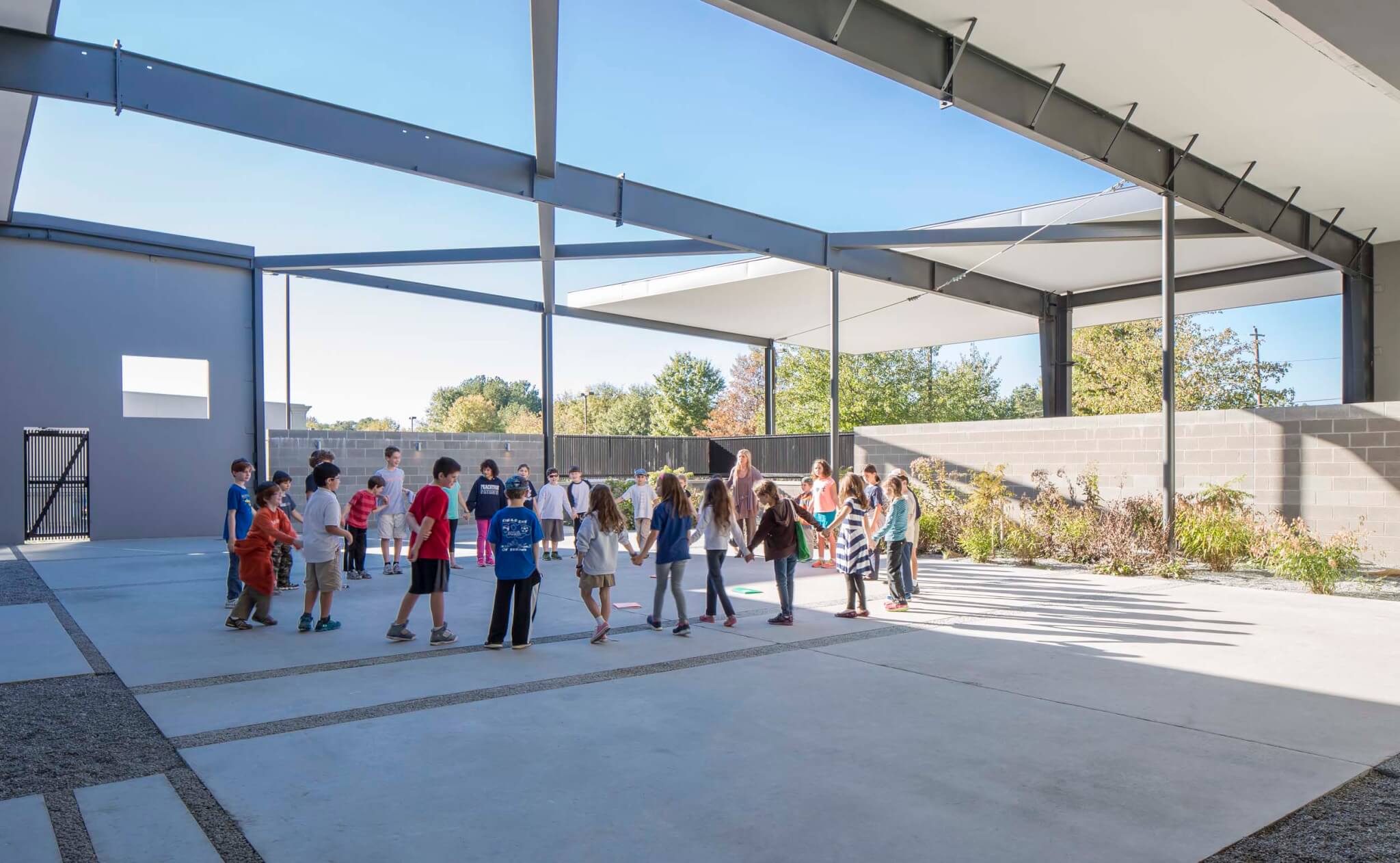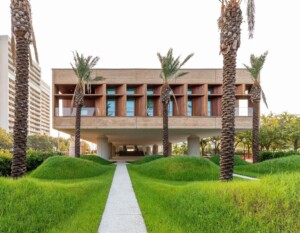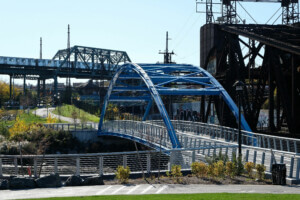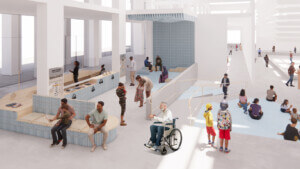This article is part of our series of profiles on The Architectural League of New York’s 2024 Emerging Voices winners published in the March/April issue of AN. The full list of winners can be found here.
Spring is a crucial time to heal. For nature, spring heals by resurrecting plants, and when a flower starts to bloom, David Hill, founder of Alabama-based HILLWORKS, can sense it from miles away.
Hill has deep roots in the South, and perhaps it’s the vast green spaces that keep him there. Born and raised in Georgia, Hill was first introduced to landscapes through his grandfather’s flower nursery. Growing up within the Southern landscape and the spaces, histories, and cultures so inextricably tied to it, Hill’s affinity for the natural world only grew stronger. “I went on to study architecture at Georgia Tech, but I constantly felt myself drawn back to the landscape, gardening, and the design of outdoor spaces,” Hill shared.

And this constant push and pull between academia, traditional architecture education, and his roots in the landscape led him to found HILLWORKS, a landscape and architecture studio, in 2009.
HILLWORKS’s portfolio encapsulates the holistic shift in the design world toward environmental stewardship. In 2016, the studio collaborated on the impressive Puente Hills Park master plan, which will transform a landfill in California to create a public, sustainable setting. Visually, as well as formally, there is a seamlessness between people and landscape that previous generations neglected to see, let alone prioritize.
“I think [architects] need to be better at exploring alternatives that we wouldn’t have assumed to be an option,” Hill said. “Just like we approach a design problem with schemes and strategies, I think we need to be more rigorous to face social, environmental, and ecological challenges.”
Hill is an associate professor and architecture chair at Auburn State University, where he teaches the importance of regenerative design. Following the Emerging Voices recognition, Hill hopes to expand the HILLWORKS team and continue to integrate plants into cities.











